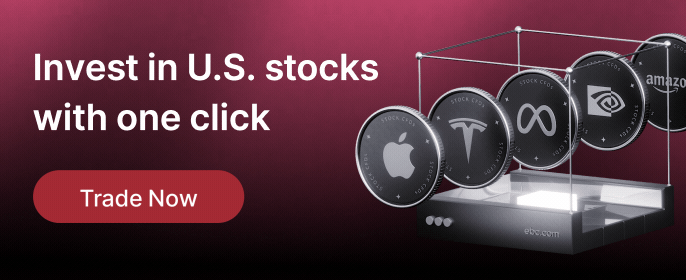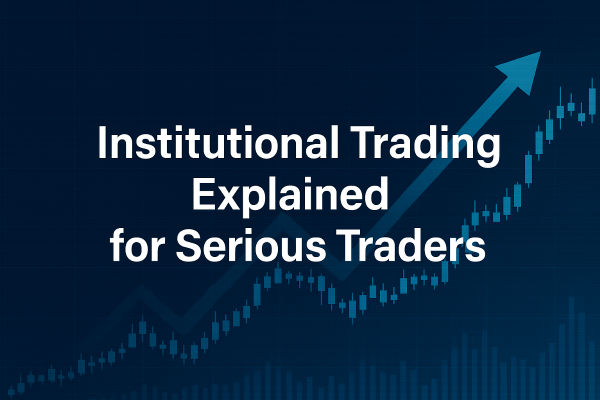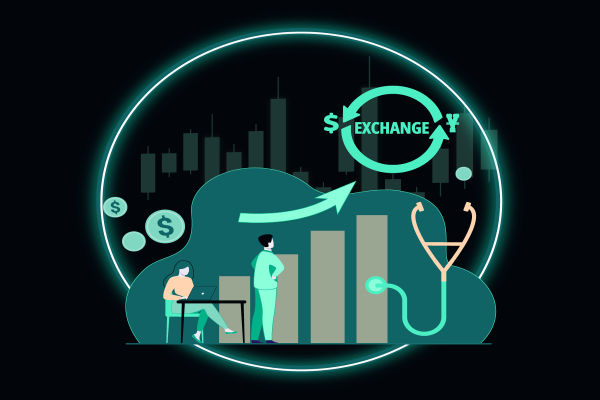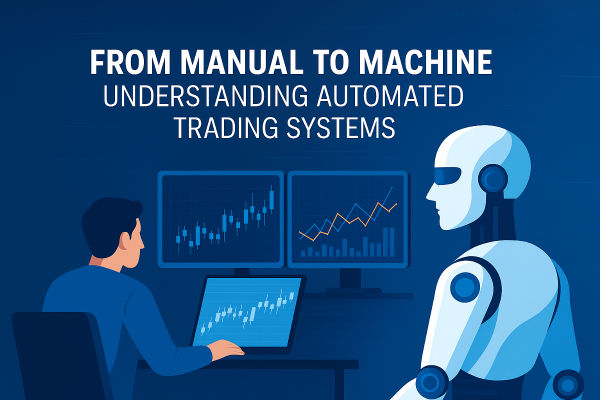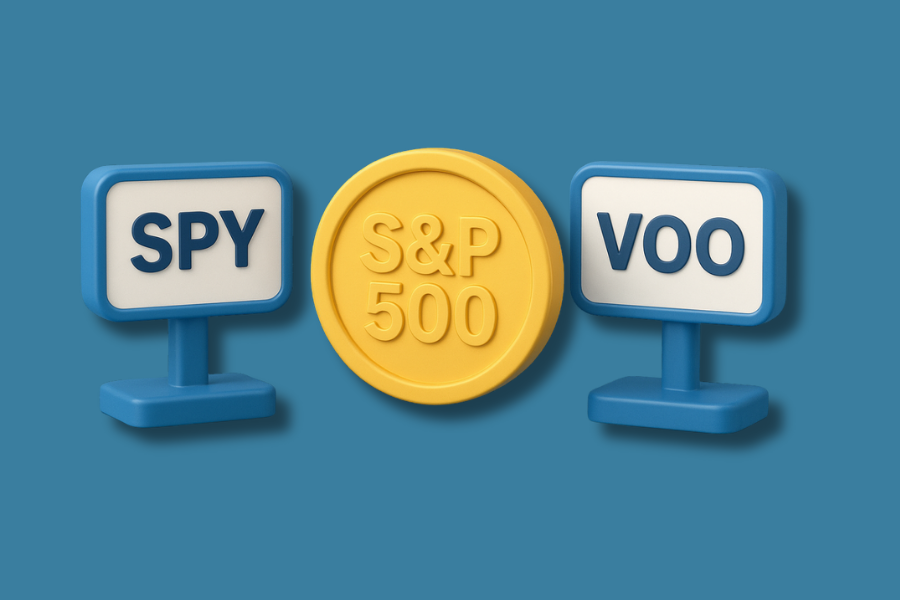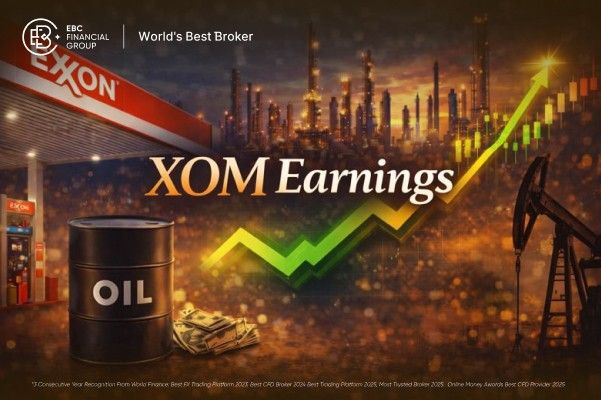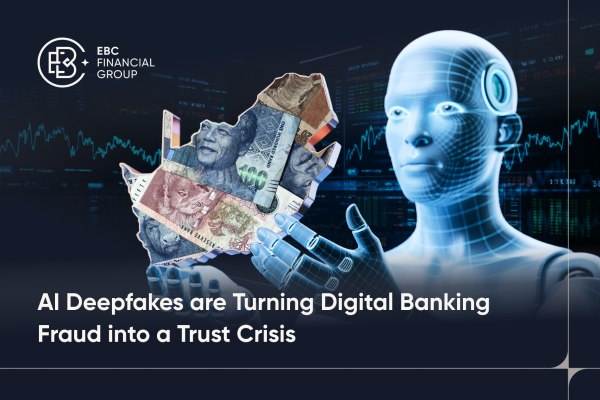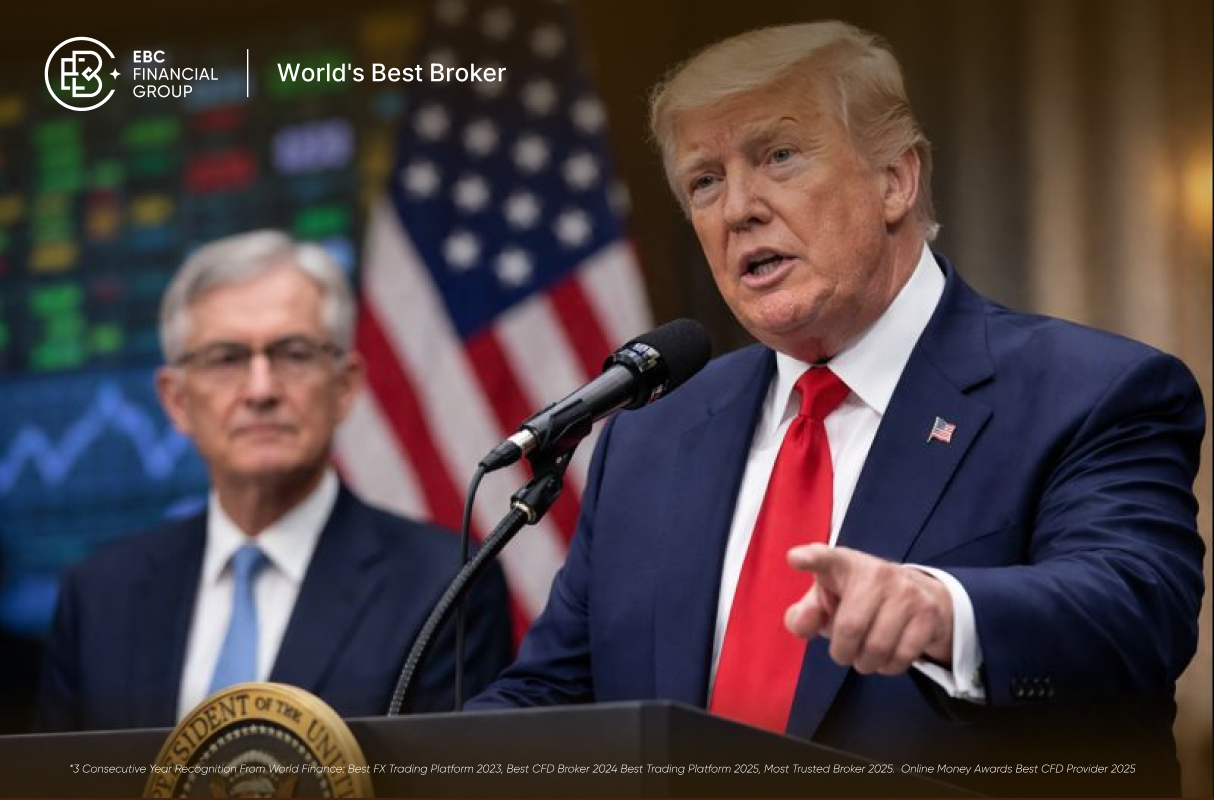Institutional traders always carry their own mysterious aura, as they seem to always have the upper hand in the market. They have more capital, more diversified asset portfolio ratios, and more advanced technology, all of which leave retail retail traders out of reach.
This issue of EBC Finance has invited a senior quantitative trader to share his views on this.
EBC Finance brings together the multidimensional perspectives of global traders, helping investors build a more complete trading logic and cognition.
I would like to first say that this is not due to the stupidity or ignorance of retail traders. The only difference between hedge fund traders and excellent retail traders is their position. The gap between retail investors and hedge funds in their market influence is constantly widening, which is an objective factor that we cannot ignore.
Difference 1: Incentives

We first construct a psychological model of an incentive system. Typical retail traders typically have independent sources of income from the market. The typical motivation of most retail traders is either to establish a second source of income or to earn more money to afford more expensive things. This is very different from hedge fund traders.
For hedge fund traders, income depends entirely on market conditions. A bad trading day may mean the end of your career, or even worse. This risk is more evident in smaller institutions. In large fund institutions, the personal performance of traders may not be as important, but in small institutions where clients constantly expect positive returns, the responsibility borne by traders has increased many times. Therefore, hedge fund traders not only need to perform well, but also must perform well enough to make clients willing to continue investing.
This difference in responsibility causes institutional traders to spend a lot of energy day after day, year after year, searching for the reasons for alpha excess returns that most people do not bother to study.
Difference 2: Trading environment
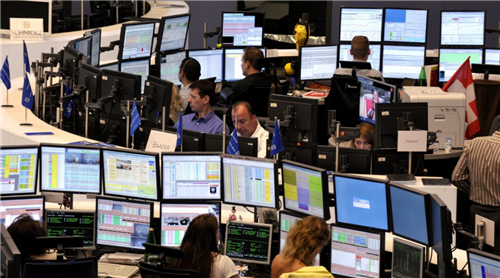
Generally speaking, retail traders who want to venture into the market act alone. He may occasionally seek to explore trading ideas on certain online forums, which is basically limited to this.
However, it is a universal truth that no one can achieve success through one person's efforts. Imagine scenario A, a team consisting of three people with different market experiences working together towards a common goal. ScenariosB. A trader alone searches online for publicly available Alpha strategies. Do you understand what's going on here? So imagine a 50A team of experienced traders with different levels of experience is brainstorming every day, dismantling and reshaping new trading ideas. A retail trader may be very intelligent, but without a team and isolated talent, it can be difficult to maintain rationality and constantly overturn and optimize their trading ideas during trading.
Difference three: Fund management
The amount of funds or asset management (AUM) is often a key factor that leads to decision-making errors among retail traders. Retail traders usually have a small amount of funds and are unable to earn enough money, which can lead to excessive leverage and blind heavy bets in order to make profits or compensate for losses.
*AUM refers to the total market value of investments or assets managed by mutual funds, hedge funds, wealth management companies, etc.
Institutional traders usually have sufficient financial support, focus on risk management, and achieve more stable profits as they continuously develop consistency and improve trading records.
The standard trading rules actually dynamically adjust the size of positions based on the probability of correct trading.
However, it can be imagined that retail traders find it difficult to follow this rule. We use a typical retail trader's capital measurement standard, assuming that the trader's initial capital is 4500USD. Now fast forward until he receives the trading signal, confident that the market will follow his prediction, and making a wise decision to bet 5% of his funds.
He noticed that this meant he only took on the risk of $225. If his profit expectation is 2%, then he will receive 4.50Profit in US dollars. But he felt that such a small position size was clearly unreasonable.
Therefore, it was decided to take the risk of $2000 to open the position. In this way, he can at least earn enough money for a meal. We quickly advanced into trading, but the market did not proceed in the way he had expected. He later paid 10%The stop loss level of the closing position has suffered nearly 5% pullback and is in a worse position than before.
A 2% profit may sound tempting, but for most retail traders, 2% is just a small percentage. If we compare it with a small hedge fund that manages approximately $100 million, the size of the position instantly becomesA profit target of 5 million, 2%, is equivalent to $100000. This single transaction is equivalent to the three-year income of an ordinary retail trader in their career.
Assuming the stop loss is the same, institutional traders only need to bear a 0.5% pullback. The pullback is 10 times less than that of retail traders.
Difference four: bargaining power
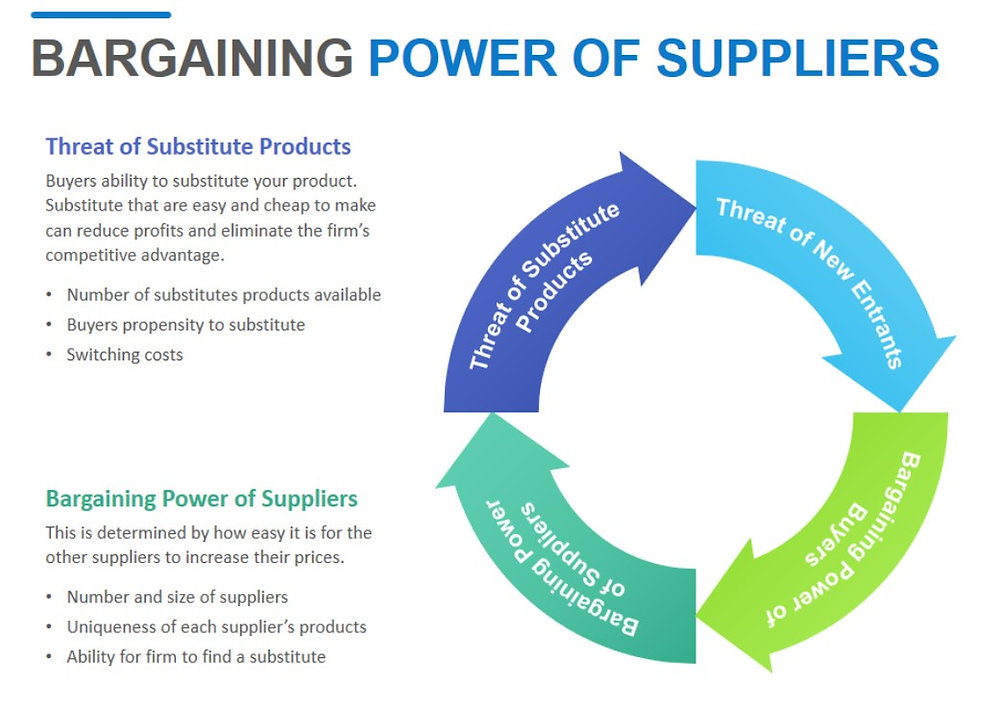
According to industry data research firm HFR, the total assets invested in hedge funds exceeded $3 trillion in 2016.
Hedge funds and other institutional traders use this funds to give them more bargaining power, which they can use to help them obtain lower execution costs, commission returns, margin fees, and more. Institutions can complete transactions at a lower cost than retail traders.
In addition, institutional traders not only manage a large amount of funds and have experienced and high-quality traders, but also have investment advisory and analyst teams, cutting-edge hardware and software infrastructure, and real-time access to important market information.
But then again, retail traders also have advantages that institutional traders do not have.
One of the problems with managing large amounts of capital is the inability to handle large inflows in smaller markets with low liquidity, and exiting these markets can be very difficult and costly. If hedge funds invest in illiquid markets with few transactions, they will significantly push up asset prices, leading to a sliding point. These issues make it more difficult for hedge funds to invest in these types of markets.
In illiquid markets, there are usually fewer participants, fewer transactions occur, and less certainty about future performance. The result of these factors converging is that smaller and more liquid markets are more often mispriced.
This does not mean that all illiquid markets are good investment opportunities, only when analyzed correctly do they provide the potential for reliable returns.
For smaller and less liquid markets, large hedge funds may not be able to invest, which may be a huge advantage for retail traders.






